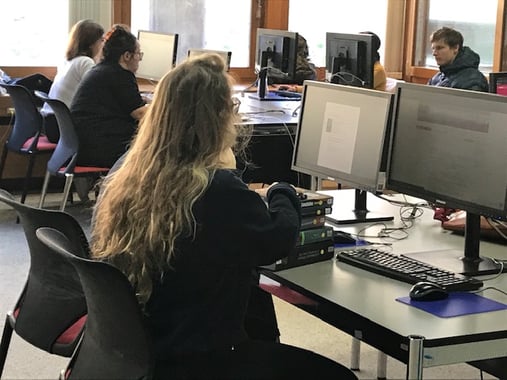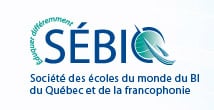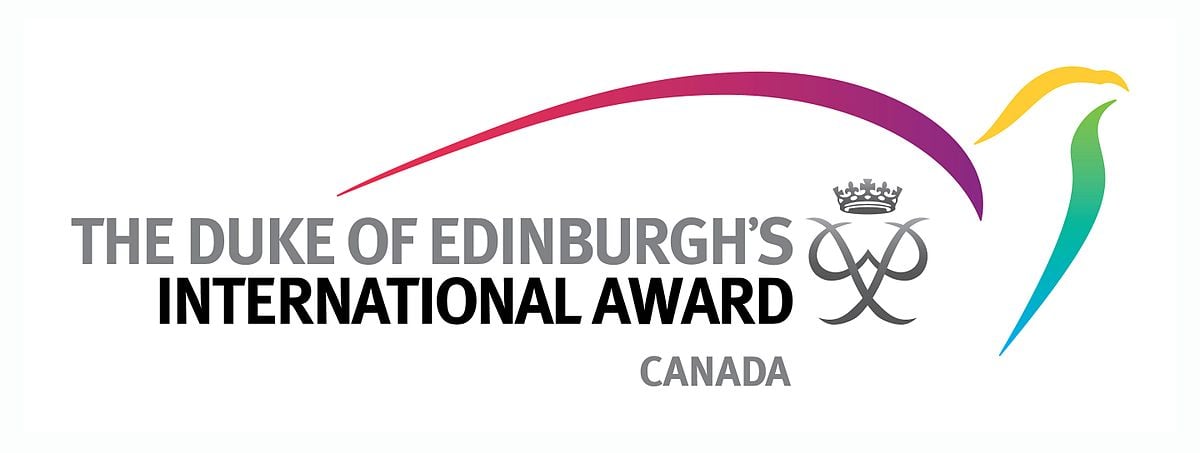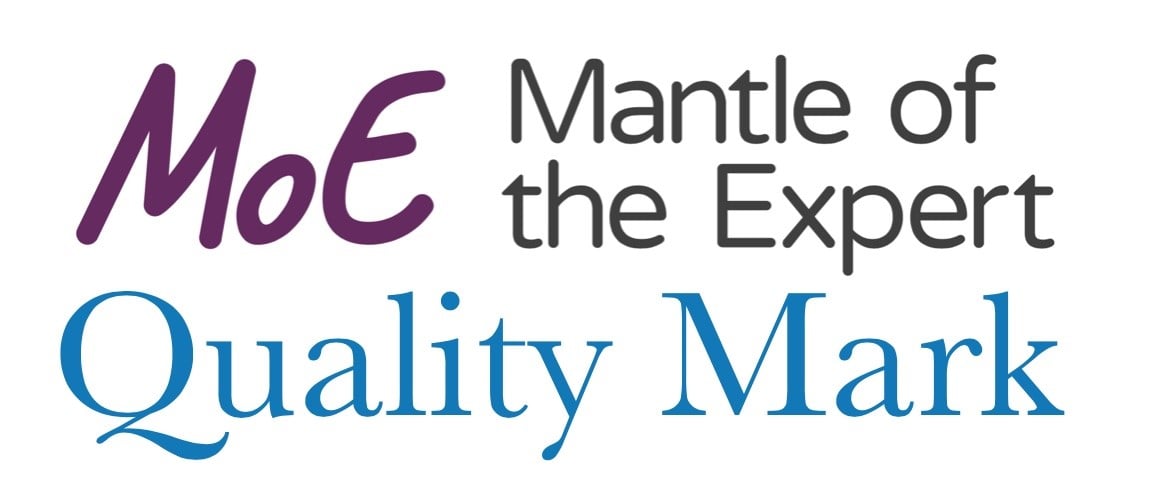Libraries. A magical place that most parents remember fondly from their childhoods, where they explored ancient lands and new worlds thanks to the humble book. They are also a safe space for children to develop their creativity, literacy and independence.
How relevant is a library to learning in this new, technological age?
Sabine Parkin, the Haut-Lac primary school librarian, is adamant that her role, in the way that she undertakes it, is vital for bringing forth a child’s love for reading.
“The human contact with the librarian is irreplaceable if we want to keep encouraging kids to read from a young age,” she says with a real passion. “If students pick a book from the library, they know that they have chosen it themselves. It permits students to diversify their tastes, as opposed to being dictated their preferences by their online history.”
This is a point on which Chantal, the Haut-Lac secondary school librarian, wholeheartedly agrees. “In the library, you come across books which might feel like a departure from what you would usually read, but it’s free – both to read and to return. So kids can take risks, without fear of wasting their time or indeed, their money.”
The computers in the secondary library also represent the way Chantal believes the role of the library is transforming for older students and out in the world in general. “Nowadays, though books will always remain important to the job, I see the librarian becoming more of an information scientist,” she explains to me. “Libraries are not only places for people to loan books, but all kinds of information.”
And how does this apply specifically to a school library?
“I teach my students valuable research skills. When research was purely book-based, students could put more faith in the volumes that they found in the school library. Now, with the internet, I teach them how to select sources critically and navigate the information that is filtered to us via our online histories, to avoid the obvious bias. They also learn about plagiarism and how to be on the right side of academic honesty, all of which are essential skills to develop for later life.”
As the librarians tell me, a library still has a place in our technological society because it is a social hub. “There is always someone – students, parents or teachers – dropping in,” Sabine confirms. And when the library looks as inviting and attractive as this one, books snuggled tightly on their shelves, just waiting to be read, it comes as no surprise.

Getting the family involved in reading time
When I asked about the role parents might play in aiding their child’s reading journey, Chantal told me that “10-11 years old is often a critical time for kids, as it is essentially when they reach full, independent reading age. This is often when parents stop reading with their children or discussing books with them. Beyond this age, life begins to get busier so it is really important to continue to highlight the importance of making time to read now. This is when it becomes a student’s own choice to read, but parents can still make an impact.”
Sabine likes to involve parents in her effort to keep the infant and primary students reading by updating them with photos from class and videos that their children have made about the books they are reading. “In this way, technology is helping my reading mission, bridging the gap between the family and school and helping parents participate in their child’s development. I also often guide encourage reluctant readers by enlisting their friends to recommend stories to them. Never underestimate the power of peer recommendations and parental/teacher encouragement. We have so much power to inspire confidence in our young readers by understanding them and reassuring them about their reading choices, something which a machine will never do!”
Highlighting languages and important discussions
As bilingual librarians, it is important to both Chantal and Sabine that we also have an even split of great French and English books, as well as many in other languages like German, Spanish and Italian. “I have also found some wonderful reading rallies (like a book club) in both English and French this year which take on some very important themes which open up great discussions in the library.”
Students in the primary school have been reading about climate activists, children’s rights and migration, to name but a few of the topics Sabine has brought to them. “These books widen the students’ perspectives on the world and enable them to put into words thoughts they may have been having or new ideas that come to them. They often express things that they have witnessed themselves, like the migrant camps in Calais. Without the library, they wouldn’t necessarily have a space where they could speak their minds like this.”
.jpeg?width=523&name=WhatsApp%20Image%202019-11-08%20at%2015.50.46%20(1).jpeg)
There is a future
It is heartening to know that these two information scientist/book experts still believe so strongly in the place and power of the library. Even if its role is evolving, especially among older students, it remains valuable to our society.
Katie Harwood


-2.png)










